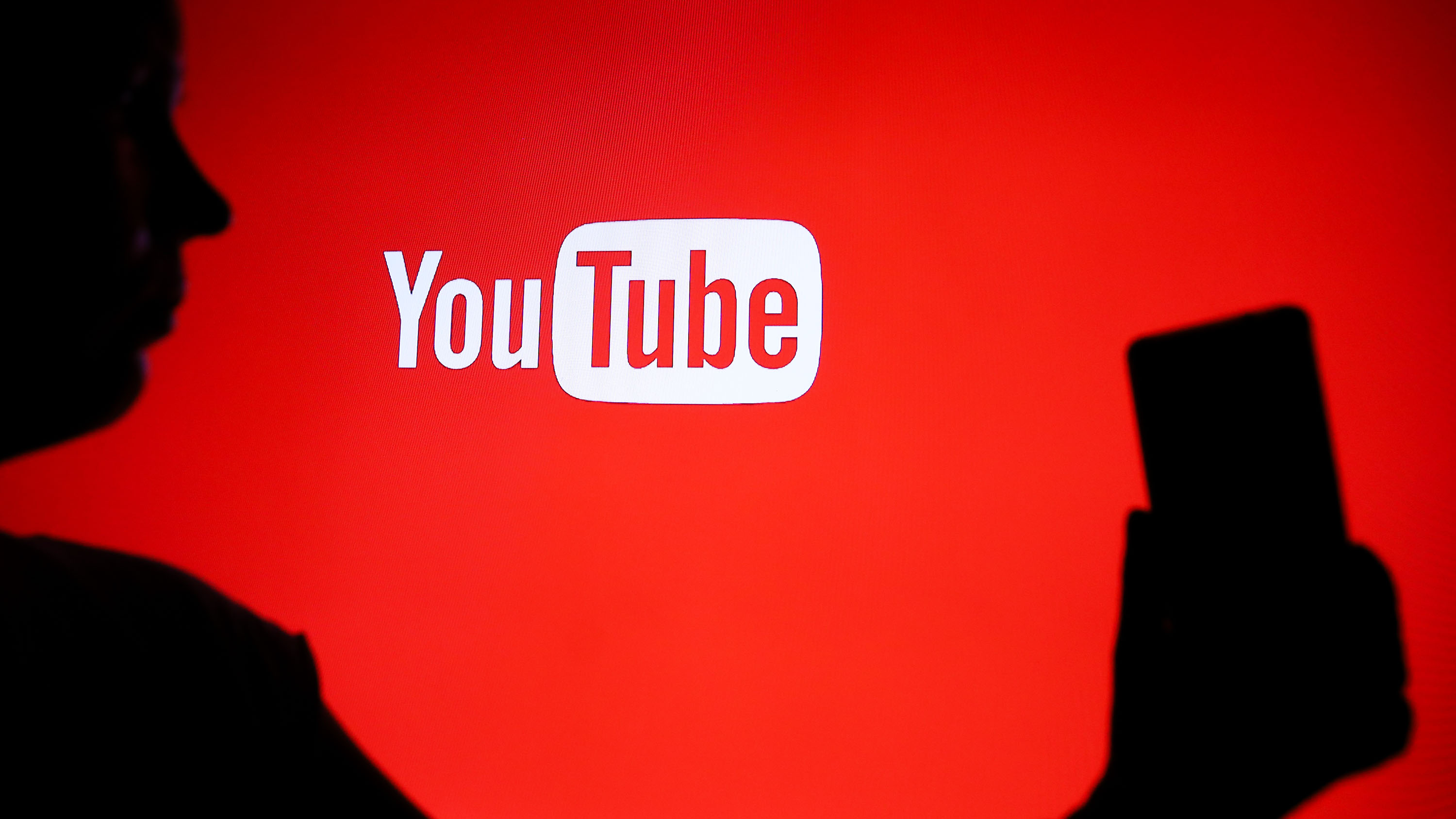"Ad blockers are not allowed": Google escalates its battle against ad-blockers to push YouTube Premium’s $14/month subscriptions
YouTube doubles down on "hamster wheel chase" against ad-blockers, perhaps a blatant attempt to increase its Premium subscription sales.

All the latest news, reviews, and guides for Windows and Xbox diehards.
You are now subscribed
Your newsletter sign-up was successful
For the longest time, YouTube has been my go-to app for entertainment. The platform features a wealth of content, including documentaries, music videos, and movies. However, its user experience has taken a significant hit over the past few months, primarily due to Google's campaign against ad blockers on the platform.
I get it — ads help generate revenue for the platform, but c'mon, what are up to 3 ads doing in a 3-minute long music video? It's downright annoying, and as it now seems, the experience is about to get even worse, unless you get a Premium subscription.
Last year, Google/YouTube ramped up its efforts against ad-blockers, preventing playback for users with the software installed on their devices, coercing them to disable it.
Users continued to exploit loopholes in browsers and third-party extensions, such as Firefox, that allowed them to bypass YouTube's ads while watching videos. However, the tech giant has seemingly doubled down on its efforts against ad-blockers, closing the few remaining loopholes that allowed users to enjoy YouTube videos without ads that didn't necessarily compel them to get a Premium subscription. Alternatively, users can add the video hosting site to their ad blocker's allowlist.
Multiple users have recently shared screenshots highlighting warnings from YouTube, indicating “Ad blockers are not allowed on YouTube” and “Ad blockers violate YouTube’s terms of service” (via 9to5Google).
I guess Youtube's pissed I use an adblocker cause I can't use the video player anymore. This includes for my own videos, funnily enough.Youtube's banning of adblockers have actually gotten so bad I cannot use the site. This is fucking ridiculous. pic.twitter.com/v0xHQrssFcJune 2, 2025
Interestingly, Google's crackdown on ad-blockers hasn't affected everyone, especially users based in Southeast Asia and Europe, who claim that they are still able to use ad-blockers while watching YouTube videos.
To that end, it seems that YouTube/Google is trapped in a hamster wheel with its efforts against ad-blockers, with users coming up with new ingenious ways to bypass its ban, such as our Managing Editor's nifty Raspberry Pi trick.
All the latest news, reviews, and guides for Windows and Xbox diehards.

Kevin Okemwa is a seasoned tech journalist based in Nairobi, Kenya with lots of experience covering the latest trends and developments in the industry at Windows Central. With a passion for innovation and a keen eye for detail, he has written for leading publications such as OnMSFT, MakeUseOf, and Windows Report, providing insightful analysis and breaking news on everything revolving around the Microsoft ecosystem. While AFK and not busy following the ever-emerging trends in tech, you can find him exploring the world or listening to music.
You must confirm your public display name before commenting
Please logout and then login again, you will then be prompted to enter your display name.
